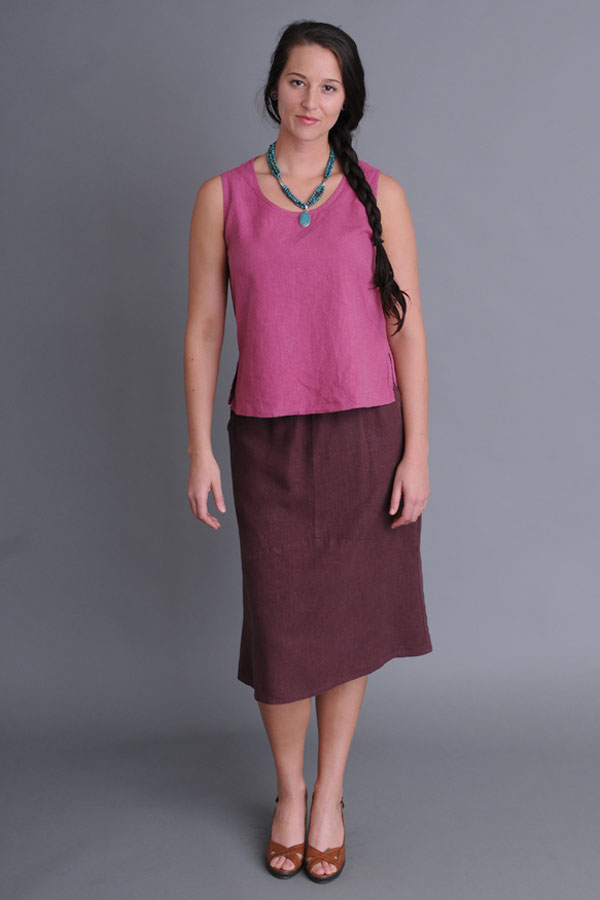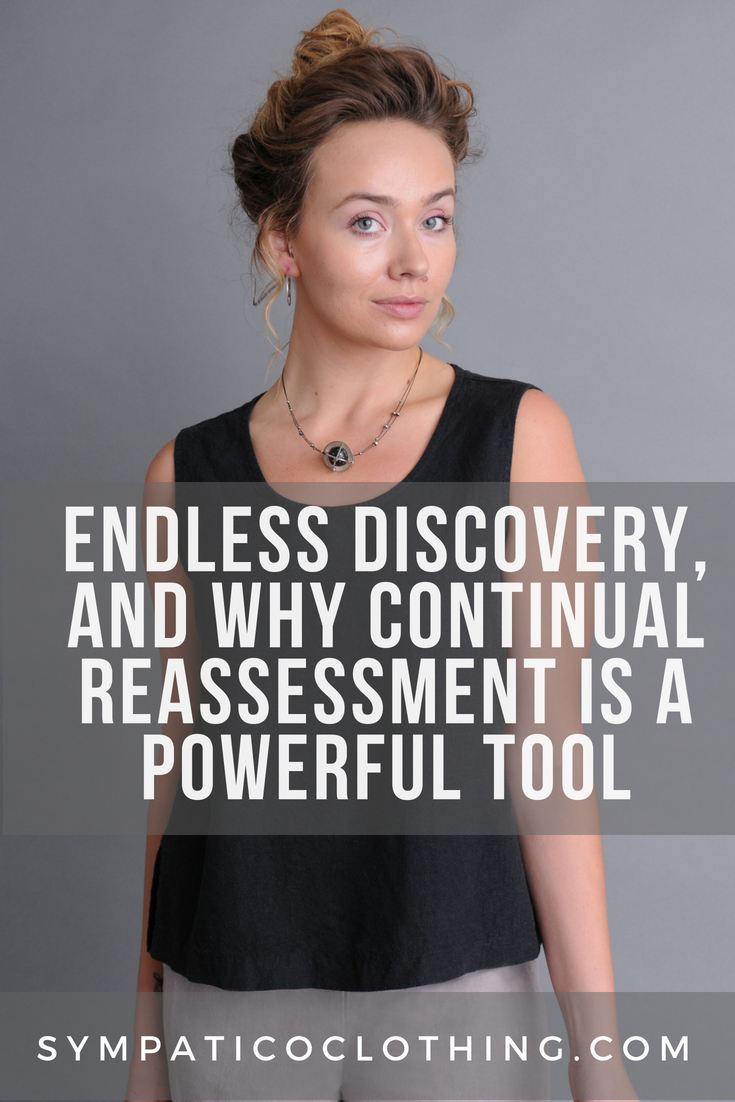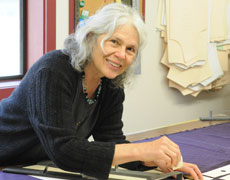Endless discovery
Posted by Rose on 29th Jun 2015
What makes apparel sustainable clothing? Our evolving understanding keeps changing the standards by which eco-friendly fashions are judged.
A blog post by Seth Godin—the visionary writer and observer of business—triggered an interesting set of responses for me. Titled “New times call for new decisions," the post is typically succinct:
Those critical choices you made then, they were based on what you knew about the world as it was. But now, you know more and the world is different.
So why spend so much time defending those choices?
We don't re-decide very often, which means that most of our time is spent doing, not choosing. And if the world isn't changing (if you're not changing) that doing makes a lot of sense.
The pain comes from falling in love with your status quo and living in fear of making another choice, a choice that might not work. You might have been right then, but now isn't then, it's now.
If the world isn't different, no need to make a new decision. The question is, "is the world different now?"
As with many of Godin’s blog posts (which I especially recommend if you’re an entrepreneur), the implications are big. And the scope is epic.
Back in the late 1970s I worked in a cottage industry that made easy-fitting cotton clothes. At the time, we saw cotton as a viable alternative to the synthetics that all but ruled retail apparel racks. We innocently touted cotton’s lovable attributes while only dimly apprehending that its cultivation had some serious problems.
Now we know much more. It’s no longer a secret that conventional cotton is raised using copious quantities of water, pesticides and synthetic fertilizers that leave the soil exhausted and barren.
When I began Sympatico in 2006, finding an environmentally sustainable fabric was a priority. It was a process of discovery, combing through the marketplace, rejecting the obviously unacceptable fabrics such as rayon and bamboo and their clearly toxic environmental impact.
I finally came upon the hemp/Tencel blend that continues to be my main fabric to this day. The two textiles, both sustainably produced, delivered the drape, softness and laundering characteristics I was looking for. The hemp is sustainably grown in China. without pesticides or artificial fertilizers. Tencel uses a closed-loop manufacturing system that captures 98-plus percent of the solvent used to make it. The fiber itself is sourced from sustainably harvested eucalyptus wood.
Still, it’s not perfect. The solvent itself is derived from petrochemicals and processing Tencel consumes lots of energy, but concrete numbers are tough to come by.
So while it’s comfortable at the moment to have a fabric I can count on, I’ll try to observe Seth Godin’s caution about falling in love with the status quo, knowing that the ideal solution will be elusive. But then, that’s the nature of working towards something approaching perfection. To learn more about our hemp/Tencel fabric, read our story about Sympatico’s Hemp/Tencel: a Brilliant Blend of Style and Sustainability.
Share:







